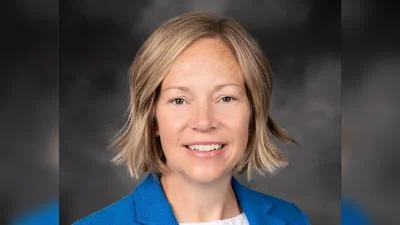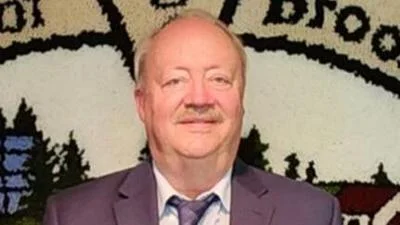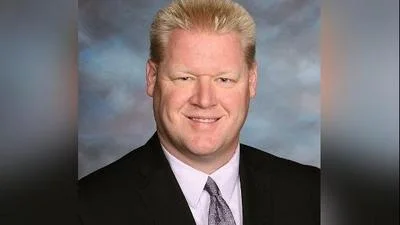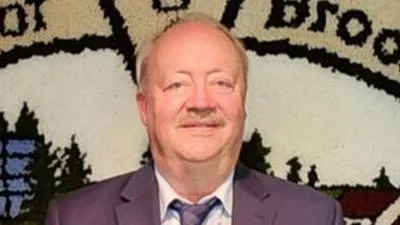Scott Allen, Wisconsin State Representative for 82nd District | Facebook
Scott Allen, Wisconsin State Representative for 82nd District | Facebook
According to the Wisconsin State Legislature's official website, the bill was described as follows: "referendum questions for certain referenda that affect property taxes. (FE)".
The following is our breakdown, based on the actual bill text, and may include interpretation to clarify its provisions.
In essence, this bill mandates that referendum questions for various local governmental units in Wisconsin, seeking voter approval to exceed property tax levy limits or authorize bond issuance, must include specific financial disclosures. These disclosures entail a good faith estimate of the resulting annual dollar amount difference in property taxes on a median-valued, single-family residence if the referendum passes. Additionally, for bond issuance referenda, the question must also disclose the estimated interest rate and total interest cost, any defeasance fees, and the property tax impact on a median home in the local government unit. This requirement aims to provide voters with more detailed financial information to make informed decisions on tax-related referenda. The act applies to referenda held 90 days post-enactment.
The bill was co-authored by Senator Rachael Cabral-Guevara (Republican-19th District), Representative Elijah R. Behnke (Republican-6th District), Representative Lindee Rae Brill (Republican-27th District), Representative Barbara Dittrich (Republican-99th District), Representative Joy L. Goeben (Republican-5th District). It was co-sponsored by Senator André Jacque (Republican-1st District), Senator Chris Kapenga (Republican-33rd District), and Senator Steve L. Nass (Republican-11th District), along seven other co-sponsors.
Scott Allen has co-authored or authored another 16 bills since the beginning of the 2025 session, with none of them being enacted.
Allen graduated from the University of Wisconsin-Milwaukee in 1989 with a BA.
Allen, a Republican, was elected to the Wisconsin State Assembly in 2025 to represent the state's 82nd Assembly district, replacing previous state representative Chuck Wichgers.
In Wisconsin, the legislative process starts when a senator, constituent, group, or agency proposes an idea for a bill. After drafting, the bill is introduced, numbered, and referred to a committee for review and public input. If approved, it moves through three readings and votes in both the Senate and Assembly. Once both chambers pass the same version, the bill goes to the governor, who can sign it, veto it, or let it become law without a signature. Only a small share of bills introduced each session ultimately become law. You can learn more about the Wisconsin legislative process here.
| Bill Number | Date Introduced | Short Description |
|---|---|---|
| AB60 | 02/24/2025 | Referendum questions for certain referenda that affect property taxes. (FE) |
| AB55 | 02/24/2025 | Possession of a firearm on school grounds by school employees and fees for licenses to carry a concealed weapon. (FE) |
| AB40 | 02/17/2025 | School safety grants and making an appropriation. (FE) |
| AB39 | 02/17/2025 | Requiring state employees to perform their work at the offices of their employer |
| AB37 | 02/17/2025 | Personalized registration plate fees for gold star family special registration plates. (FE) |
| AB20 | 02/06/2025 | Allowing certain married persons to claim the earned income tax credit when filing a separate return. (FE) |
| AB19 | 02/06/2025 | Increased penalties for crimes against adults at risk; restraining orders for adults at risk; freezing assets of a defendant charged with financial exploitation of an adult at risk; sexual assault of an adult at risk; and providing a penalty |






 Alerts Sign-up
Alerts Sign-up